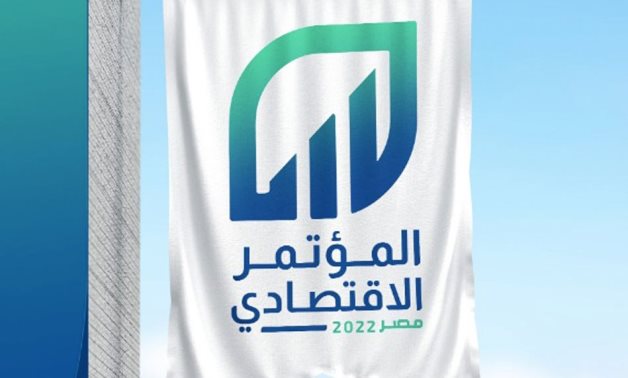
Egypt's Economic Conference
CAIRO - 24 October 2022: The activities of the second day of the Egypt’s Economic Conference 2022 kicked off, in the presence of Prime Minister Mostafa Madbouli.
The activities include 13 sessions throughout the day, the first session discussing the policy of state ownership to stand on the general features of the state ownership policy document, competitive neutrality and its role in achieving sustainable development goals, and a review of policies and measures adopted by the Egyptian government to promote competitive neutrality.
The session also addresses a number of axes related to the mechanisms for implementing the Egyptian state ownership policy, the principles governing the presence of the state in economic activity, in addition to the strategy of the Competition Protection Authority and the prevention of monopolistic practices, as well as competitive neutrality and the enabling legislative environment for economic activity, and the role of competitive neutrality policy in strengthening economies.
It also discusses the role of competitive neutrality in enhancing the participation of the private sector in the Egyptian economy and attracting foreign direct investment.
The second session discusses opportunities and prospects for partnership with international and regional financial institutions to enable and stimulate the role of the private sector in development efforts, in order to reach insights on the expected role of these institutions, and the appropriate mechanisms for financing projects included in the government's work plan and program.
The session aims to achieve a set of objectives represented in highlighting the framework of international cooperation and development financing for the Egyptian government and its role in stimulating and strengthening the participation of the private sector in development, and identifying the various mechanisms and models for supporting the private sector in the development file by multilateral and bilateral development partners, especially in green projects.
It also targets economic reforms that would stimulate foreign and local private sector investments, and the pivotal role of international partnerships in supporting these reforms, as well as reviewing models and success stories of the partnership between the public and private sectors achieved under the framework of international cooperation and development financing, and identifying opportunities for future international partnerships that work to provide a greater role for the private sector in implementation.
As for the third track of the conference, it will include sessions devoted to formulating the future roadmap for the priority sectors in the government’s work program for the coming period.
This track will witness the holding of a number of interactive sessions that will discuss experts' visions and ideas on what policies are required to achieve national goals in a number of priority sectors for the Egyptian economy, and the nature of the measures required to overcome the existing challenges facing these sectors.
The fourth session will discuss Egypt's regional role as a center for renewable energy. During the session's activities, which are titled: "Egypt's Regional Role as a Renewable Energy Center", a number of themes will be covered, represented in the transition to a more sustainable stage.
In this regard, it will address the energy sector strategy until 2035, investment mechanisms in renewable energies in Egypt, the available potentials of new and renewable energy in Egypt, and foreign direct investment projects (current and future), in addition to addressing the general perception of the green energy corridor, and the initiative to integrate renewable energy with inefficient thermal power plants (10 gigawatts of renewable energy), green hydrogen projects, and the preparation of the national strategy for hydrogen, and cooperation with international companies in the field of hydrogen production will be highlighted.
During the fourth session, the strategy of the Ministry of Electricity and Renewable Energy for electrical interconnection with neighboring countries, strengthening the national electricity transmission network, integrating the energy produced from renewable energy projects, and strengthening the high voltage network (500 kV transformer lines / stations), as well as For the development of the national grid control system, and support for local manufacturing of electricity project tasks, renewable energy tasks, and electricity transmission and distribution networks tasks.
In addition, the fourth session deals with investment opportunities in joint projects between state agencies, the file of electric cars, the conversion of waste into energy, and water desalination through renewable energy.
Comments
Leave a Comment